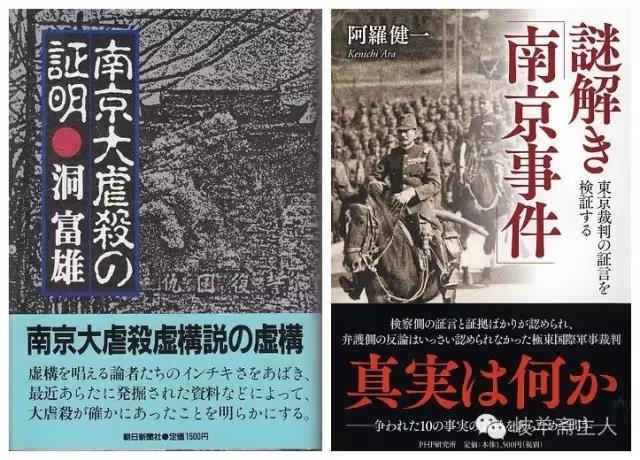After attending a gathering in Japan’s Osaka on Dec. 9 to commemorate the 86th anniversary of the Nanjing Massacre, Tamaki Matsuoka left for China two days later to attend the national memorial ceremony held on Wednesday for the massacre victims in the east China city of Nanjing, where the tragedy happened.

“It has become my way of life,” Matsuoka said. The Japanese scholar, 76, has been on a journey for decades to pursue the historical truth of the Nanjing Massacre and reveal the history of Japanese aggression against China.
“Now that I know the historical truth, I have an obligation to convey it,” she said.
It all started in 1982 when Matsuoka became a primary school teacher in her 30s. She later discovered “a problem” with the sixth-grade history textbooks in the school.
“The part about World War II was all about Japan’s suffering. There were more than a dozen pages about the atomic bombings of Hiroshima and Nagasaki and the bombing of Tokyo, while there was almost no mention of Japan’s aggression against other countries,” she recalled.
In August 1988, Matsuoka visited Nanjing for the first time, where she visited the Memorial Hall of the Victims in Nanjing Massacre by Japanese Invaders and met with survivors of the massacre.
What she had seen and heard in Nanjing shocked her deeply. After returning to Japan, Matsuoka set about establishing Meishinkai, a civil group dedicated to finding out more about the truth of the massacre and calling on Japanese people to face up to and remember the atrocities committed by the Japanese army.
Japan has been trying to deny and conceal its history of aggression since its defeat in the war, and contents such as the Nanjing Massacre are disappearing from Japanese textbooks, said Matsuoka.
“Lessons learned from the past can guide one in the future,” she said.
Matsuoka believes that it is not only necessary to understand the historical facts of the Nanjing Massacre, but also to feel the pain that the survivors are still suffering today, so that people can develop a sense of crisis.
“We can never engage in aggression, nor be enthusiastic about war,” she said.
To pursue the truth, Matsuoka decided to start with both the perpetrators and victims of the Nanjing Massacre, using the testimonies of eyewitnesses to expose the lies of Japanese historical revisionists.
So far, Matsuoka has interviewed about 350 survivors and 250 Japanese veterans who were engaged in the invasion of China, based on which she has published six books related to the Nanjing Massacre and produced three documentaries, including Torn Memories of Nanjing.
It has never been easy to interview Japanese veterans as Matsuoka received a lot of scolding and rejection. She thought about giving up the work, but the entrustment of the massacre survivors became her motivation to continue.
To make her interviews available to the public, Matsuoka’s book The Battle of Nanjing – a Search of Sealed Memories, which consists of testimonies from 102 Japanese veterans who participated in Japan’s invasion of China, was published in 2002.
The following year saw her second book The Battle of Nanjing – Torn Souls of the Victims, which was written based on the testimonies of 120 massacre victims, coming out.
The testimonies of those who witnessed the Nanjing Massacre opened another door for the Japanese to know the historical truth about the massacre, and hit home for those historical revisionists who tried to deny the atrocities.
During that time, Matsuoka was fiercely attacked by Japanese right-wing activists, but it did not stop her from continuing to pursue and convey the truth about the massacre to the world.
“I once promised the survivors of the Nanjing Massacre that I would make the Japanese government acknowledge the history of the massacre and let more Japanese people know the truth about the massacre,” she said.
At the rally held in Osaka on Dec. 9, Matsuoka called on the Japanese public to reflect on the historical lessons and contemporary significance of the Nanjing Massacre in light of the current global situation, emphasizing the importance of not forgetting history in building peace.
“I don’t want to fail the expectations of the survivors of the Nanjing Massacre,” she told Xinhua at her home in Osaka, looking at the Japanese veterans’ letters, wartime diaries and other historical materials on the bookshelves in her study.
“Even if I fall down, I believe my companions will keep on going,” she said.